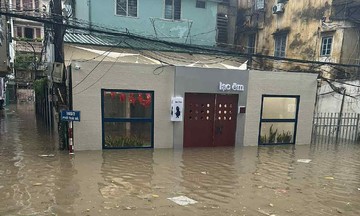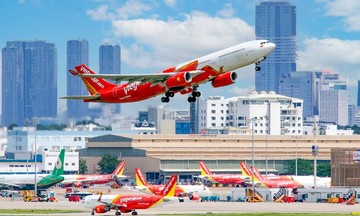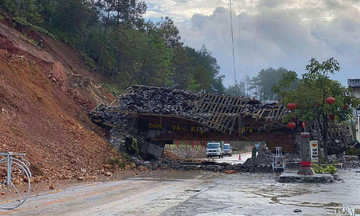The global tourism industry is witnessing a shift in traveler behavior as they choose their destinations, influenced by factors such as record heat in Europe, political instability in various regions, and fluctuating exchange rates.
Popular destinations like France, Spain, and Croatia have been experiencing persistent heat waves exceeding 40 degrees Celsius, leading to large-scale wildfires. In Cyprus, tourists have even reported seeing missiles and smoke rising from the horizon due to the conflict in the Middle East.
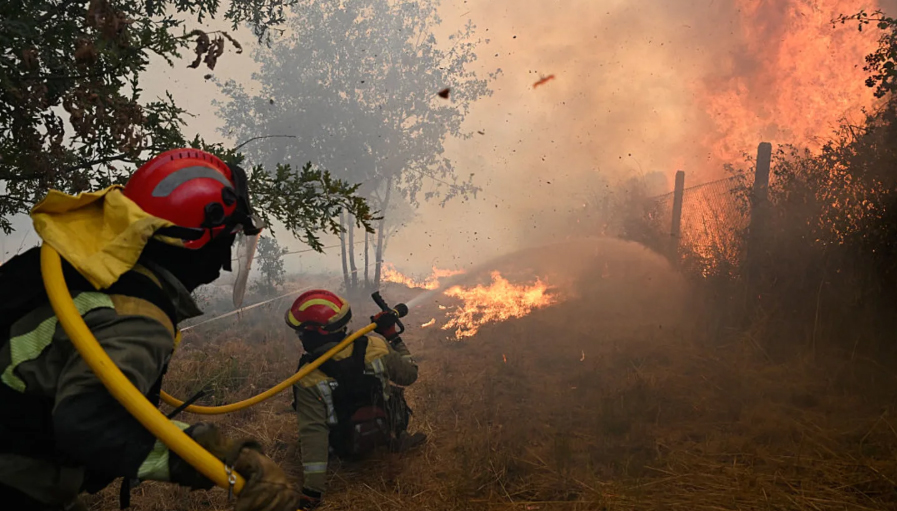 |
Firefighters extinguish a wildfire in San Cibrao das Viñas, on the outskirts of Ourense, northwestern Spain, 12/8. Photo: AFP |
Firefighters extinguish a wildfire in San Cibrao das Viñas, on the outskirts of Ourense, northwestern Spain, 12/8. Photo: AFP
Slow economic growth and concerns about inflation, partly stemming from US tariff policies, are causing many people to reconsider their spending. A weaker USD is further discouraging American tourists from traveling long distances. Instead, they are turning to Latin America and Southeast Asia, opting for all-inclusive travel packages to control costs.
Moreover, the US is losing some of its appeal among international tourists. A representative of TUI, one of the largest travel agencies in the UK, reported a decline in bookings to the US due to concerns about border crossing procedures.
Conversely, Europe retains its allure. Greece and Turkey are top choices, offering a blend of history, cultural experiences, and reasonable costs, despite rising prices in Turkey due to inflation. The "coolcation" trend – seeking cooler destinations like Iceland, Norway, or Poland – is also gaining popularity.
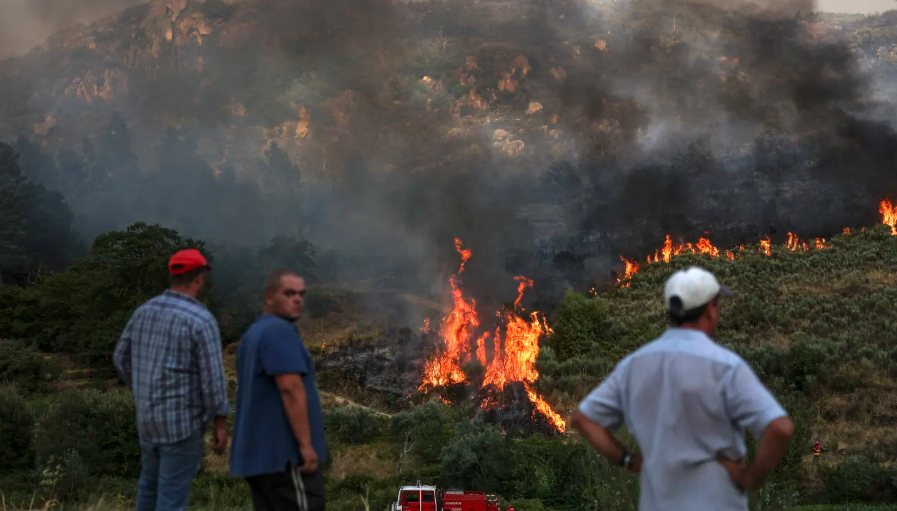 |
People watch a wildfire in Trancoso, Portugal, 11/8. Photo: AFP |
People watch a wildfire in Trancoso, Portugal, 11/8. Photo: AFP
Meanwhile, the wildfires in southern Europe have become a new concern. Both Spain and Portugal have implemented emergency measures, evacuating residents and requesting assistance from the EU. However, tourism authorities are reassuring visitors that travel operations remain normal.
Experts note that today's travelers consider a wider range of factors when selecting a destination, from exchange rates and visas to climate and cultural experiences. This trend indicates a shift from "traveling to escape" to "traveling to find" – seeking places that best suit their individual needs and priorities.
British insurance expert Rhys Jones advises travelers to heed government advisories regarding safety at their chosen destinations. "If travelers deliberately visit locations with risk warnings and encounter incidents, their insurance claims might be denied," he said.
Conversely, Jones also notes that if a destination is confirmed safe, flights and accommodations are unaffected, but the traveler still cancels, insurance may not cover the costs.
Jo Rhodes, a travel expert at the UK consumer protection organization Which?, suggests that travelers wait until closer to their departure date for accurate information. "Travel companies and airlines will prioritize assisting passengers departing in the next few days, while offering flexible options if there are any changes," Jo said.
Anh Minh (CNBC)







